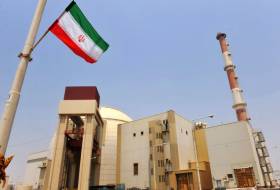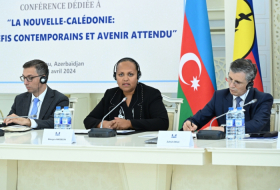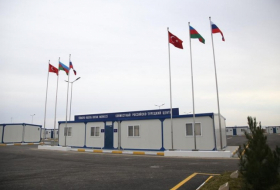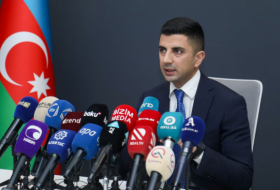"Croatia is also intensifying its efforts to realize the Ionian-Adriatic Pipeline as a connection to the Trans-Adriatic Pipeline, which is receiving more support from the EU as an alternative gas supply route from Azerbaijan," reads the material.
It is recalled that in 2015, Plinacro proposed and HERA approved the 10 Year Development Plan of the Croatian Gas Transmission System for the period 2018 to 2027.
"The main projects are the construction of the LNG terminal on the island of Krk in the North Adriatic and the Ionian-Adriatic Pipeline. Therefore, the construction of LNG storage capacities on the island of Krk, the finalization of construction of the Croatian transportation network, connection to international pipelines and the construction of natural gas storages are recognized as strategic national project."
IAP is a proposed natural gas pipeline in Southeastern Europe (SEE) that will stretch from Albania through Montenegro, and Bosnia and Herzegovina, to Split in Croatia. It will be connected with the Trans Adriatic Pipeline (TAP). The capacity of the pipeline will amount to five billion cubic meters of gas per year.
Total length of the pipeline is 511 kilometers.
TAP worth 4.5 billion euros is a part of the Southern Gas Corridor, which is one of the priority energy projects for the European Union. The project envisages transportation of gas from Azerbaijan's Shah Deniz Stage 2 to the EU countries.
TAP will be 878 kilometers in length (Greece 550 kilometers, Albania 215 kilometers, Adriatic Sea 105 kilometers, and Italy 8 kilometers).
TAP’s shareholding is comprised of BP (20 percent), SOCAR (20 percent), Snam S.p.A. (20 percent), Fluxys (19 percent), Enagás (16 percent) and Axpo (5 percent).
More about:








-1525430851.jpg)







































